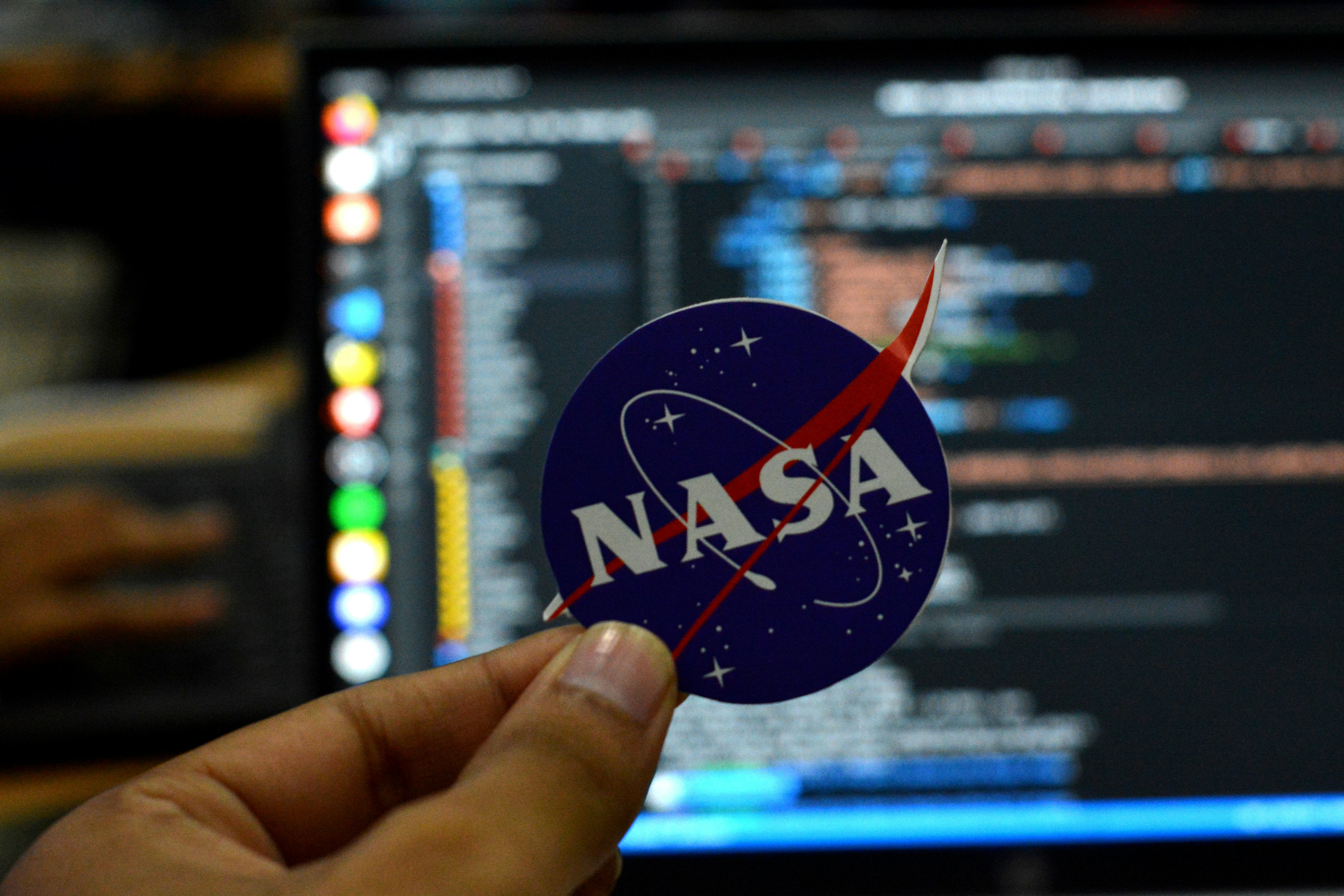
Artificial Intelligence and Machine Learning
Artificial Intelligence (AI) and Machine Learning (ML) have emerged as pivotal technologies shaping the landscape of various sectors in the United States. These innovations have been widely adopted across industries including healthcare, finance, and retail, driving significant advancements in efficiency and decision-making. In the healthcare sector, for instance, AI algorithms are utilized for predictive analytics, enabling practitioners to anticipate patient needs and streamline treatment plans. By analyzing vast quantities of data, AI systems can identify patterns that human practitioners may overlook, thus supporting improved patient outcomes.
In finance, AI and ML are revolutionizing how institutions assess risk and make investment decisions. Automated systems analyze market trends, consumer behavior, and historical data to generate insights that inform strategic choices. These technologies also enhance customer experiences by facilitating personalized banking and investment options, tailored to meet individual preferences and risk appetites. As companies increasingly rely on these advanced tools, the financial sector is seeing a transformation that prioritizes data-driven strategies.
Despite the numerous benefits associated with AI and ML, there are ethical considerations that warrant attention. Concerns regarding data privacy, algorithmic bias, and the potential for job displacement require a responsible approach to technology development. By establishing ethical frameworks and guidelines, stakeholders can ensure that AI advancements align with societal values and do not exacerbate existing inequalities. Engaging in discussions about the moral implications of these technologies is critical as they become further integrated into daily life.
In summary, AI and ML are at the forefront of techological innovation in the USA, with significant applications across several industries. These technologies not only drive efficiency and improve decision-making but also introduce important ethical challenges that must be thoughtfully addressed to foster responsible development.
5G Technology and Its Impact
The rollout of 5G technology represents a significant leap in the evolution of communication systems and is set to fundamentally reshape various industries in the United States. Offering enhanced speed, lower latency, and greater capacity compared to its predecessors, 5G technology has the potential to revolutionize telecommunications and enable smarter, more interconnected environments. By facilitating near-instantaneous data transfer, it acts as a catalyst for innovations in smart cities and the Internet of Things (IoT), where devices communicate seamlessly, thus optimizing resource use and improving overall efficiency.
In the telecommunications sector, the implementation of 5G networks allows service providers to offer faster internet speeds and more reliable services. This upgrade is crucial for sectors that depend heavily on real-time data sharing, such as healthcare. For instance, telemedicine can greatly benefit from 5G advancements as doctors gain the capacity to conduct remote surgeries with minimal lag and high-definition video quality. Furthermore, various industries, including automotive and manufacturing, are projected to harness 5G technology to enhance automation and enable connected vehicles tocommunicate with each other, reducing traffic incidents and improving transport efficiency.
However, the transition to 5G technology is not without its challenges. The infrastructure required for widespread deployment demands significant investment and collaboration among private companies, government entities, and regulatory bodies. Issues such as spectrum allocation and network security must be addressed to ensure a secure and equitable rollout. Nonetheless, the opportunities presented by 5G technology far outweigh the hurdles, providing a framework for innovation that can shape the future of technological development in the USA. As various sectors gear up to embrace this new technology, its long-term impact will likely redefine how industries operate and interact.
Blockchain and Decentralized Solutions
The evolution of technology has significantly advanced with the advent of blockchain and decentralized solutions, particularly in the realms of finance, supply chain management, and data security. Blockchain technology provides a secure, transparent, and immutable ledger that has gained traction across various industries. By leveraging blockchain, businesses can enhance transaction efficiency, increase accountability, and promote trust among stakeholders. The decentralized nature of this technology eliminates the need for intermediaries, thereby streamlining processes and reducing costs.
In the financial sector, the rise of decentralized finance (DeFi) platforms has transformed traditional banking paradigms. DeFi enables users to engage in financial transactions without relying on centralized institutions, offering services such as lending, borrowing, and trading. This shift empowers individuals, allowing for greater control over their financial assets while fostering innovation in the financial technology (fintech) sector. However, the rapid growth of DeFi also introduces challenges, including regulstory compliance and the necessity for robust security measures to protect users’ assets.
Additionally, the emergence of non-fungible tokens (NFTs) has revolutionized digital ownership and creativity within the technology sphere. NFTs allow for unique digital assets to be verified on the blockchain, enabling creators to monetize their work in unprecedented ways. From digital art to virtual real estate, the implications of this technology are vast, although it raises ongoing discussions about market sustainability and environmental impacts associated with blockchain transactions.
Overall, businesses across various sectors are recognizing the transformative potential of blockchain technology and decentralized solutions. By embracing these innovations, organizations aim to enhance operational transparency and efficiency while fostering long-term trust in their transactions. As the landscape evolves, continued exploration of blockchain applications will be vital to overcoming current limitations and maximizing benefits.
Sustainability and Green Technology Innovations
In recent years, the intersection between technology and sustainability has gained significant traction, paving the way for innovative solutions aimed at reducing environmental impact. This burgeoning field encompasses a range of advancements in renewable energy, energy storage, and sustainable manufavturing practices. Each of these emerging technologies is crucial for addressing global environmental challenges as they seek to minimize carbon footprints and encourage more eco-friendly methods across various sectors.
Renewable energy technologies, such as solar, wind, and geothermal power, have made remarkable strides in recent years. The decreasing cost of solar panels and wind turbines has energized the transition towards cleaner energy sources, enabling both businesses and households to adopt these alternatives efficiently. Moreover, advancements in smart grid technology optimize energy distribution and consumption, ensuring that renewable sources can be harnessed effectively and with minimal waste.
Complementing renewable energy innovations, energy storage technologies are crucial for managing supply and demand fluctuations. Battery technologies, particularly lithium-ion and next-generation solid-state batteries, are becoming increasingly efficient and cost-effective, allowing for better energy storage capabilities. These advancements not only help to stabilize energy output but also make renewable energy sources more viable, as stored energy can be utilized during periods of low production or high demand.
Sustainable manufacturing practices leverage technology to optimize resource usage and minimize waste in production processes. Technologies such as 3D printing and artificial intelligence streamline operations, create leaner prodyction systems, and utilize recycled materials, thereby promoting a circular economy. By reducing the environmental footprint of manufacturing, these innovations also encourage businesses to rethink their processes and adopt sustainability as a core principle.
As we explore the future of sustainability, the continuous evolution of green technologies highlights the potential for innovation to drive meaningful change. By integrating these advancements into business practices, companies are making significant strides towards preserving our planet while reaping the benefits of increased efficiency and reduced costs.





